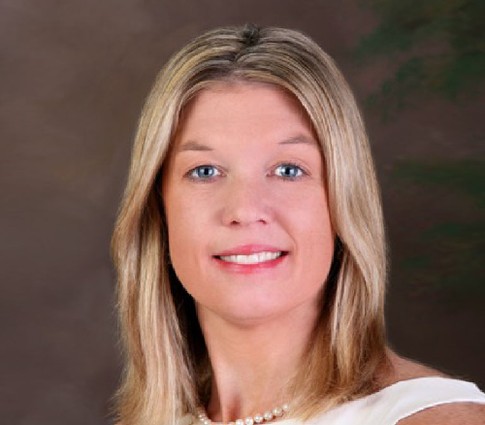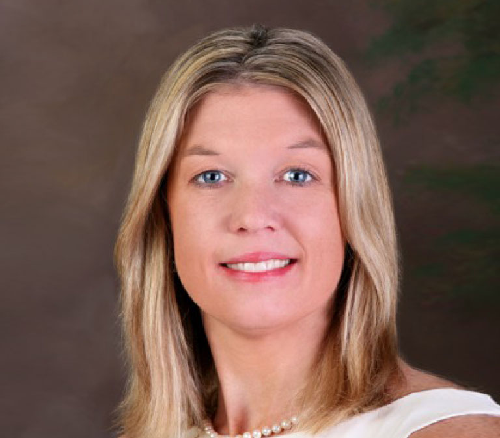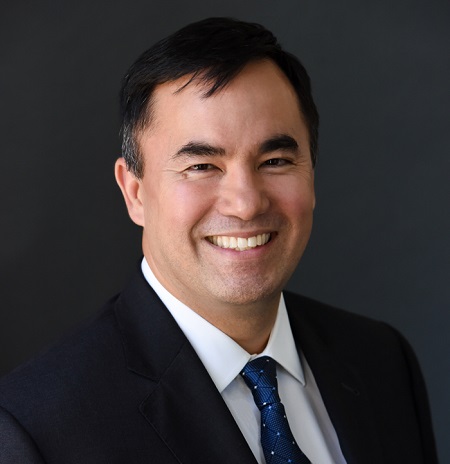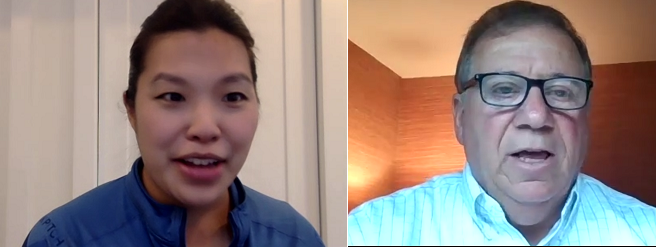Summit Startup Teleplus Healthcare Tackles Chronic Illnesses with Telemedicine

Many startups see the opportunity to expand the reach of healthcare using telemedicine, but few have been able to capitalize on this opportunity. One that has is Teleplus Health (Summit).
We spoke to Suzanne Shugg, a nurse practitioner, doctor of nursing practice and Rutgers professor, who is also the cofounder and CEO of Teleplus.
Shugg’s startup works with medical practices and other providers that treat chronic conditions like sleep apnea, obesity and congestive heart failure. They educate providers, get them certified in telehealth monitoring, train them to treat patients, provide the patients with the equipment they need (such as dedicated tablet computers and blood pressure cuffs) and educate the office staff about the insurance codes they can use to bill for the telemedicine visits and equipment.
The company is partially funded by investors in Taiwan and the U.S. It has completed an angel round and a seed funding round. In addition to Shugg, the leadership team includes cofounder and COO Rex Cherng, MSEE, and CFO David Nichols, MBA. The company has offices in the U.S and Taiwan, as well as a partner in Australia.
In May, the company announced that medical professionals in Asia will soon be able to improve their clinical knowledge of obstructive sleep apnea and other sleep disorders through an online modular course series developed in conjunction with the Division of Sleep Medicine at the University of Pennsylvania. The company signed an eight-year agreement to market UPenn’s products.
Asia was the first market for this product, Shugg explained, because among Asian patients, there is a higher propensity for having facial cranial changes, which can result in a higher probability of sleep apnea.
“I believe that there are only 26 licensed physicians in sleep apnea in all of Asia, and something like 23 techs. We partnered with the University of Pennsylvania sleep medicine program to first teach physicians how to care for sleep apnea patients off-line, and then we’ve come up with a certification. We’ll be doing the certification online, and some of it will be via virtual reality and in person.” The final result will be physicians and nurses in China who are trained in sleep apnea treatments, and who are capable of monitoring patients via telemedicine.
A second program, to be rolled out in the spring of 2019, is designed to train sleep technologists who work as parts of sleep-medicine teams in China. The curriculum will include the administering and scoring of both in-lab polysomnography and home sleep-apnea tests.
Teleplus also offers a congestive heart failure module that contains protocols based on scientific data “that I’ve practiced for 20 years in cardiology prevention,” Shugg said. The company has teamed up with New Jersey Cardiology Associates (West Orange, Belleville and Toms River), a part of RWJBarnabas Health (West Orange), to implement the application in the treatment of congestive heart failure patients.
The program provides dedicated tablets to both nurses and patients, enabling them to interact and exchange health information more often than can be done through physical visits. Each patient is responsible for answering daily questions pertaining to heart health symptoms, and for providing their blood pressure and weight. The data is automatically sent to the nurses, allowing them to consult with the patients remotely through video/audio chats as needed.
Shugg noted that her startup is becoming successful because “we actually want to improve healthcare. Since I’m a provider, I want to make sure that the care we are giving actually connects patients to their providers, rather than distances them. Often, when we talk about telemedicine, people just think that they are talking to a screen.” Teleplus’ solution is not that way at all. “We want to open access to the doctor. We are using HIPAA [Health Insurance Portability and Accountability Act of 1996] secure video conferencing.”
She added that her business model is good for primary care physicians and other practitioners. “What’s important is that primary care providers are becoming extinct. They are making $5 or $10 per visit, so they are working tons, and they can’t support their practices. … One of the things we can do is increase their revenue because they get paid [by Medicare, Medicaid or insurance companies] per patient per month.” Teleplus charges a flat fee to the practice, but it increases the practice’s ability to see high-risk patients.
“Most telemedicine companies do emergency care. So, if you have a cold or infection, they get you in to see someone via telemedicine. We are concentrating on the hard stuff: chronic care management, congestive heart failure, asthma, COPD [chronic obstructive pulmonary disease]—all of these complex disease states that cause people to end up back and forth in the hospital. It’s not a good thing for a healthcare system, and it’s not a good thing for the patient and the family members. We are trying to manage these complex care problems so these patients get better care and don’t go to the hospital. At the same time, they feel connected and actually cared for.
“By moving healthcare in this direction, we are also trying to get providers paid for managing these complex care problems. Many are already caring for these patients without currently being paid to do so,” she added.




